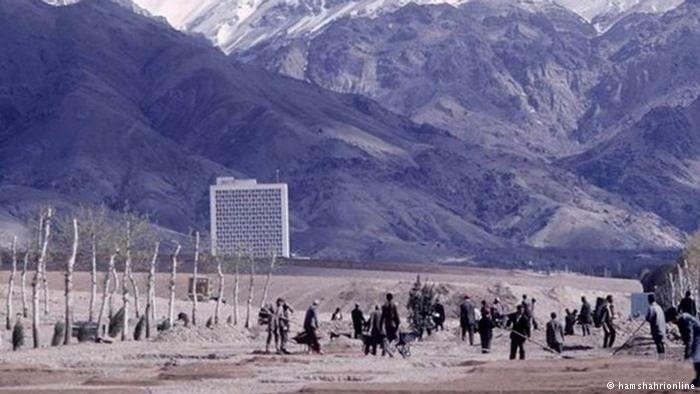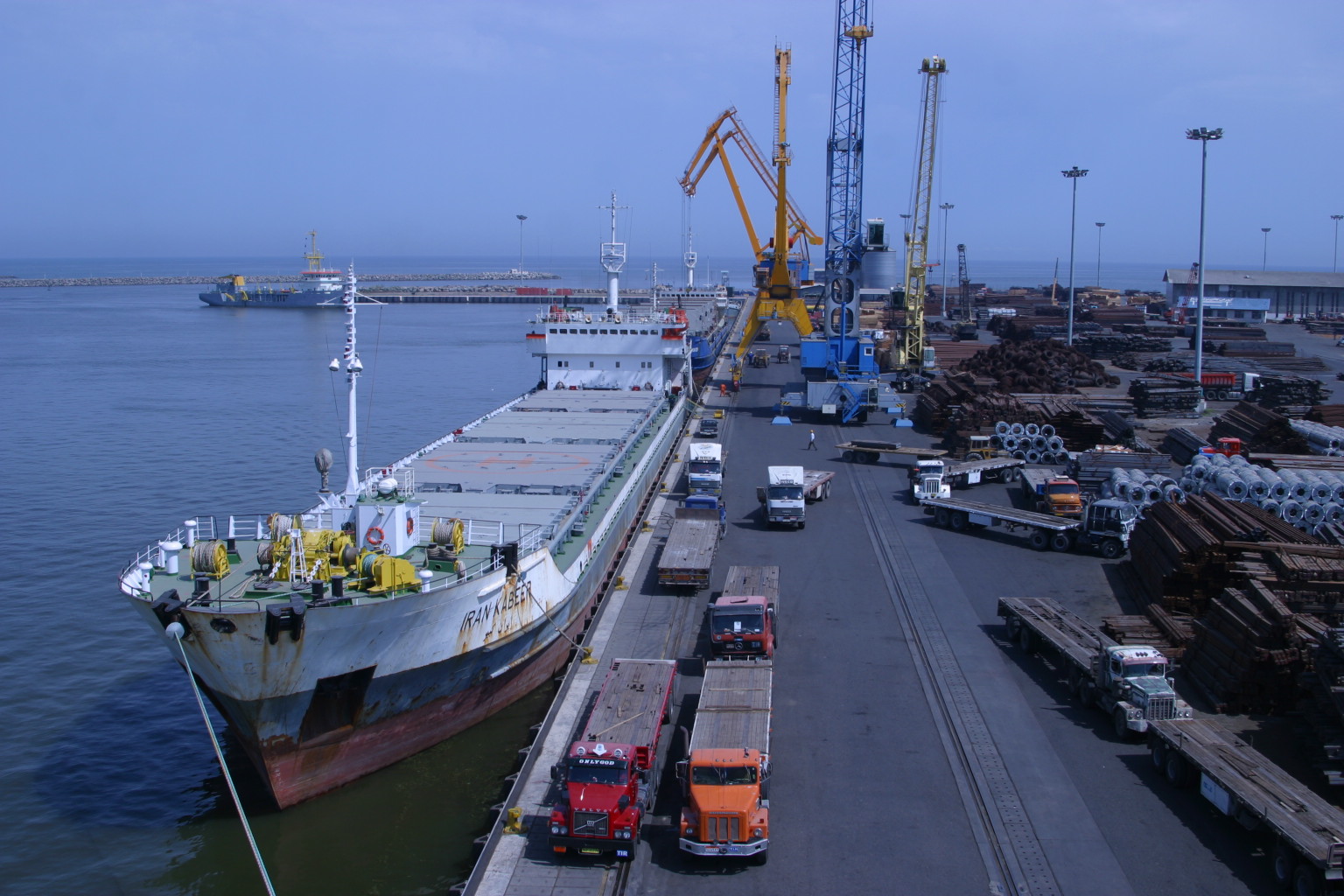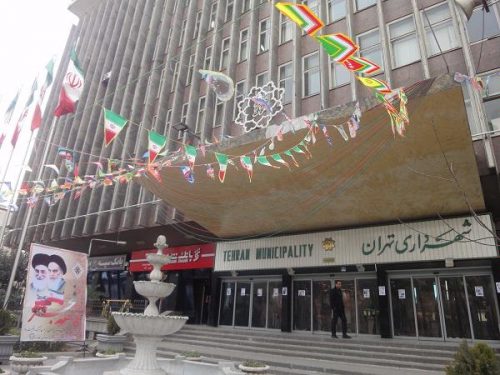
Stop cutting trees
Iran Newspaper reports that three executives from the Tehran Municipality, District One, were charged with cutting down 69 trees in Valiasr Street and fired. Even though cutting down trees is grounds for trial in many countries, such a thing is rare in Iran. Mohammad Darvish, Faculty Member at the Institute of Forest and Rangeland Research has expressed hope that under the new Mayor, we will see a stop to projects such as garden towers; a directive which destroyed thousands of hectares of gardens and greenery in the north of Tehran in order to erect skyscrapers.
Cutting down the trees in Valiasr Street is an ongoing story. From the 60 thousand trees planted in 1939, today only 8 thousand remain. Currently there are a total of 15 thousand Platanus trees in Valiasr Street, half of which are young. Nahid Khodakarami, Member of the Environment Committee of the Tehran City Council said that two-thirds of the gardens in Tehran have been destroyed.
Iranian Black Friday
Two Iranian online stores, DigiKala and Bamilo held Iranian Black Fridays. The startups sponsored widespread advertisements in the weeks leading up to the sale and succeeded in attracting a large number of visitors to their websites. According to Taadol, an Iranian economic daily, some criticized the sales, stating them to be a copy of Western Black Friday sales which themselves are seen as problematic by a number of experts. Another problem is the lack of correlation between the timing of these sales and the Iranian calendar. Many contested that holding such sales in the middle of autumn, with no special occasions nearby is problematic and the sales should be shifted to late winter, when most Iranians shop in anticipation of the beginning of spring and the Iranian New Year, Nowruz.
Read more about Iranian Black Friday
Should the price of bread increase?
This week the price of bread was supposed to rise by 15% in government run bakeries. On the first day, however, the increase was canceled by President Rouhani’s order.
Donya-e-Eqtesad, an Iranian economic daily, reports that in spite of the annual increase in the operating cost of bakeries, i.e. worker salaries, power, water, gas, etc. the price of bread only rises every two to three years. Bakers believe that after three years this 15% increase is not enough to cover their costs. Reports indicate that whereas previously 5 to 6 people worked in each traditional bakery, this number has fallen to 2-3 people.
The bread baked traditionally is said to have a low quality, mainly due to the low quality of the flour. Some food experts claim that one reason for the low quality of flour in recent years is that flour production factories separate the wheat germ for sale to pasta factories. In place of the wheat germ, enzymes are added to the flour.
Read More about Bread Price
Export to Syria; not so easy
The Iranian Labour News Agency, ILNA, quotes the vice president of the Chamber of Commerce, Hossein Selahvarzi as saying: “Even though we have a preferential agreement with Syria and have extended them a one-billion-dollar credit line, Syria has placed limitations on Iranian goods preventing us from export.”
Selahvarzi called for the government to employ diplomacy to resolve the issue and gave another example of such “unfair” agreements with other allies: “Last week, Iraq changed the tariff for dairy products from 5% to 25% overnight. 75% of our export to Iraq is dairy products”, said Mr. Selahvarzi.



